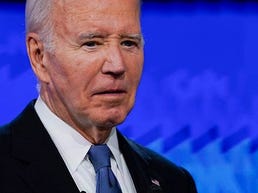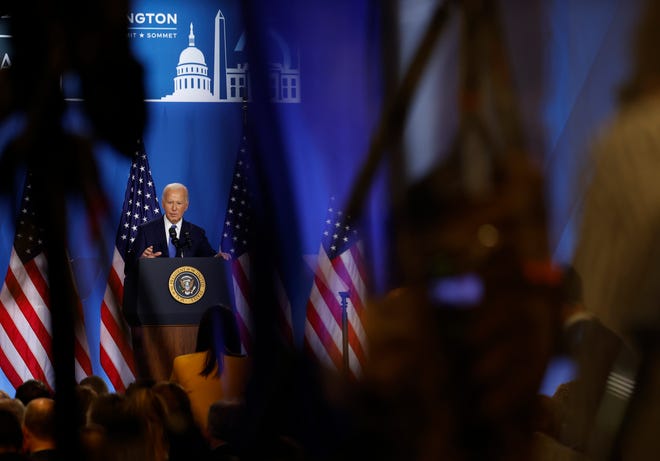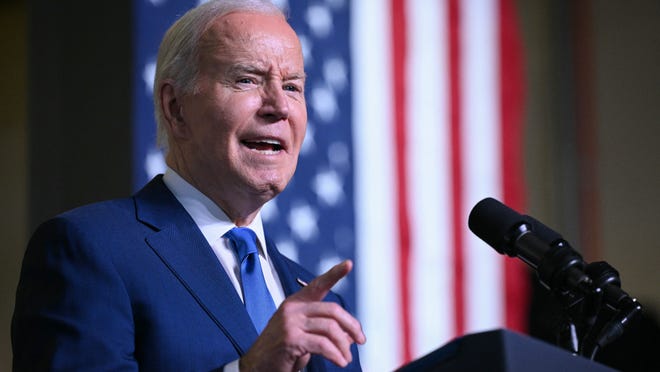
President Joe Biden announced that he would drop out of the Presidential race Sunday, endorsing Vice President Kamala Harris in two separate social media posts.
Biden endorsed Vice President Harris immediately after the announcement, placing her as the presumptive Democratic nominee.
The change at the top of the ticket comes after Biden won the overwhelming majority of delegates with Harris on the ticket.
The announcement ends weeks of speculation about Biden’s political future after a poor debate performance against Donald Trump. A slate of Democratic party figures, representatives and senators have called for Biden to drop out in the weeks since the debate.
Here’s why there won’t be further primaries for the Democratic presidential nomination.
Harris leading ticket makes cash transfer easier
The Biden campaign reported to the Federal Election Commission that it raised $127 million in June.
Saurav Ghosh, a lawyer at the Campaign Legal Center, told Reuters that Harris remaining on the ticket makes the transference of those funds easier.
“If Harris remains on the ticket, as either the presidential or vice presidential candidate, the new ticket would maintain access to all the funds,” Ghosh said.
Federal law states that a vice presidential candidate has a right to money raised by the campaign, though Dan Weiner, the director of the Brennan Center for Justice’s Elections & Government Program, told USA TODAY that the law has grey areas.
“It’s not crystal clear because I’m not sure if the people who drafted the Federal Election Campaign Act anticipated this situation,” he said.

All primaries completed, real power in hands of delegates
The last suite of primaries took place on June 4, leaving the task of choosing the party’s nominee to the delegates that will gather in Chicago.
Elaine Kamarck, author of “Primary Politics: Everything You Need to Know about How America Nominates Its Presidential Candidates,” explained in a Brookings Institution podcast that the substantive power to nominate lies with the delegates at the convention, not primary voters.
“The primaries elect delegates to the convention, but the legal authority for choosing the nominee of the Democratic Party, or for that matter, the Republican Party, is not the primaries, it is the delegates voting in convention. When that happens, you have a formal nominee,” Kamarck said.
The Democratic National Committee rules for delegates voted in by the primaries say that: “Delegates elected to the national convention pledged to a presidential candidate shall in all good conscience reflect the sentiments of those who elected them.”
William Mayer, a political science professor at Northeastern University, told Factcheck.org that the Democratic convention delegate rules allow for pledged delegates to vote for a new candidate.
“You are kind of encouraged to vote for the candidates for whom you were elected – but ‘in all good conscience’ you could vote for someone else,” Mayer said.







